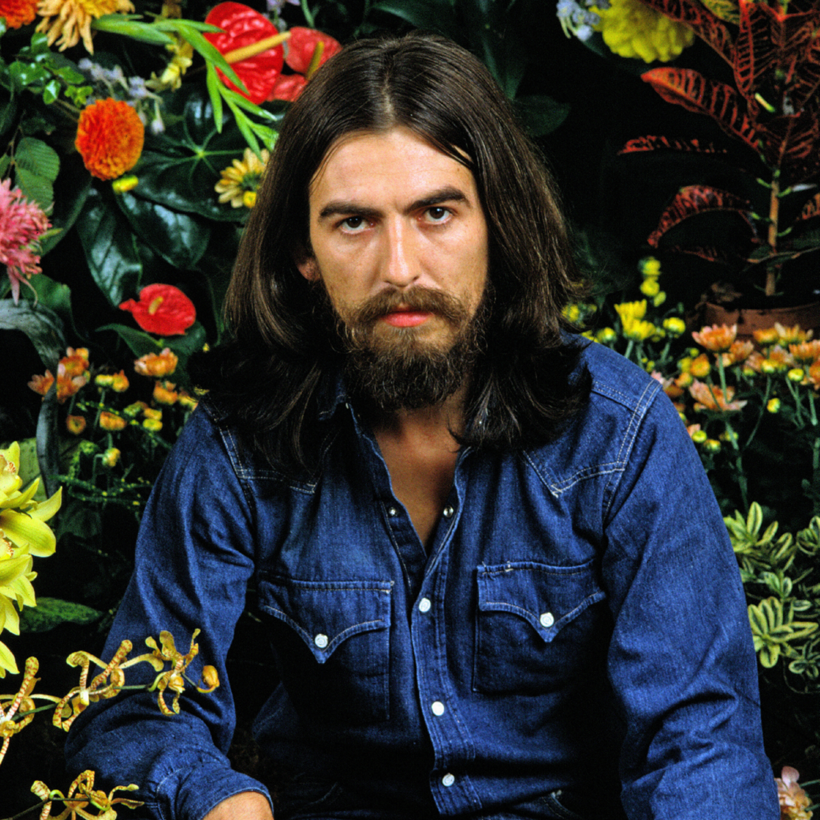If the title of Philip Norman’s biography makes you wonder why anyone would be reluctant to be a Beatle, the first few chapters provide the answer. Coming from a loving, supportive, working-class family in Liverpool, George Harrison was 14 when an amiable Paul McCartney invited him to join a loosely congregated skiffle group called the Quarrymen. To which the group’s acid-tongued 17-year-old leader John Lennon responded: “Who’s that bloody kid who’s always hanging around?”
Did it get better for that bloody kid once he was officially a Beatle? No, it did not. So quiet that one early associate remembered him as “the Invisible Man”, Harrison was routinely subjected to all manner of indignities — he lost his virginity in a Hamburg bunk bed while John, Paul and the band’s original drummer Pete Best looked on; and when he vomited on the floor of a Hamburg flat in a drunken stupor one night, the other Beatles christened his puke of shame “the Thing” and decorated it with matchsticks.

